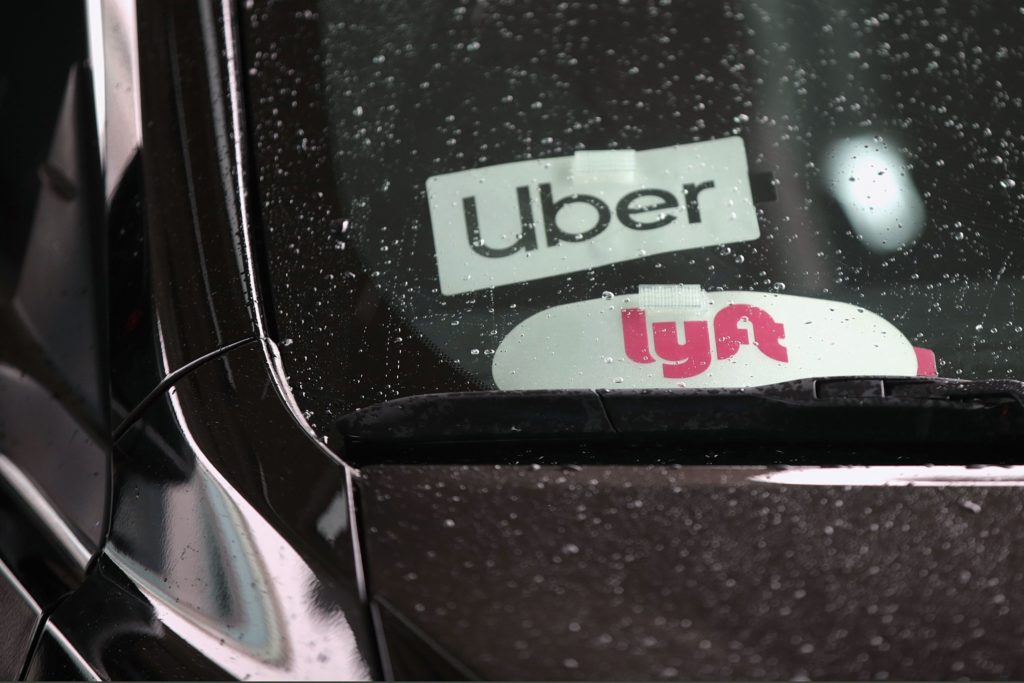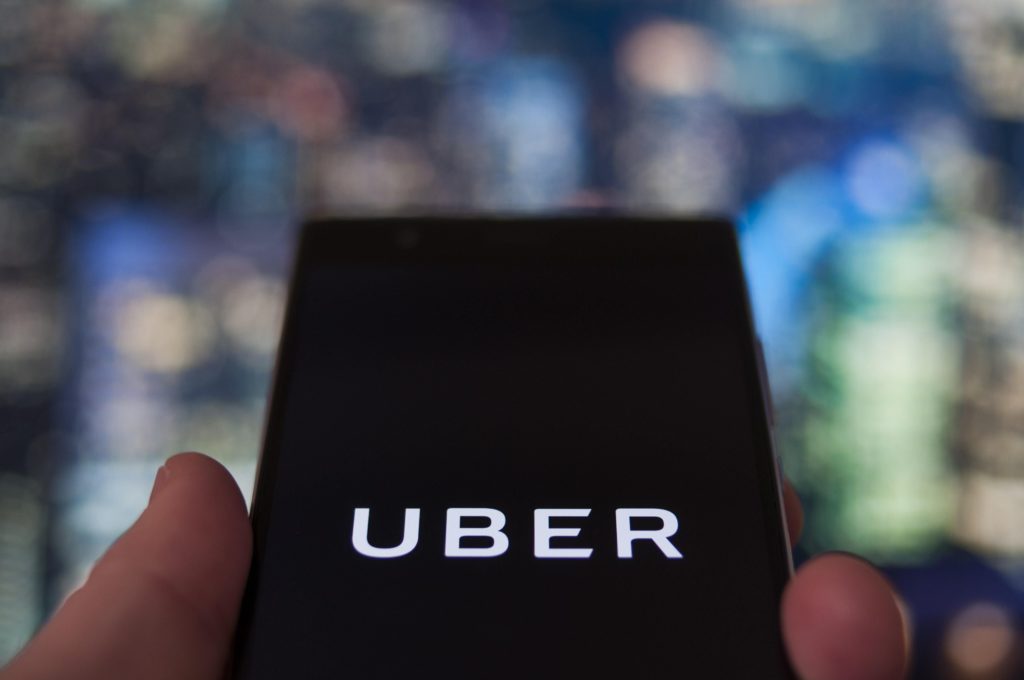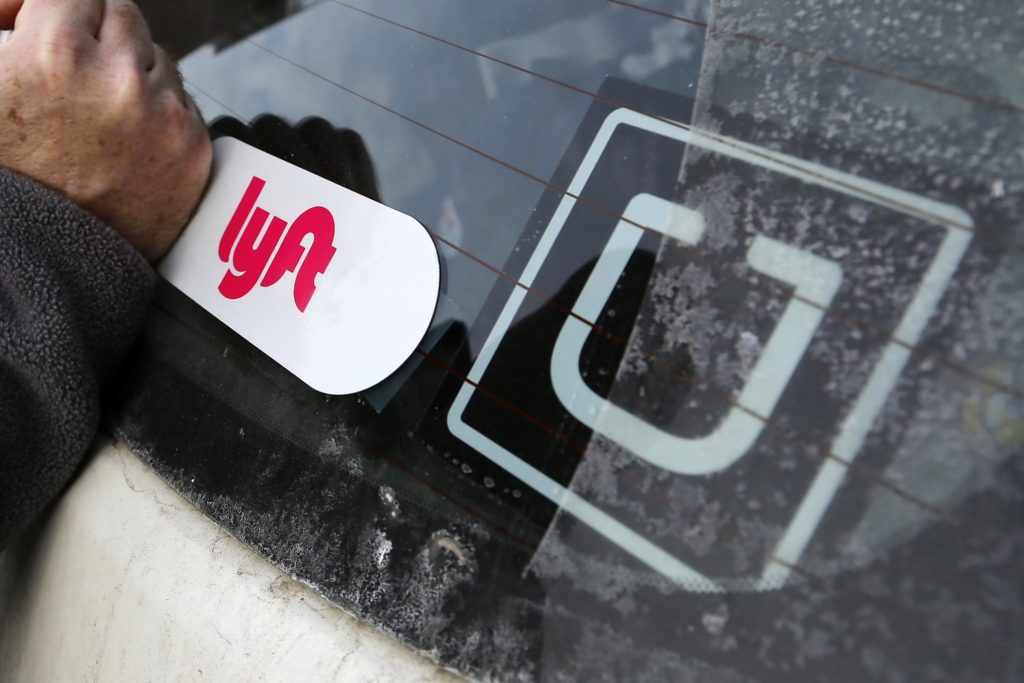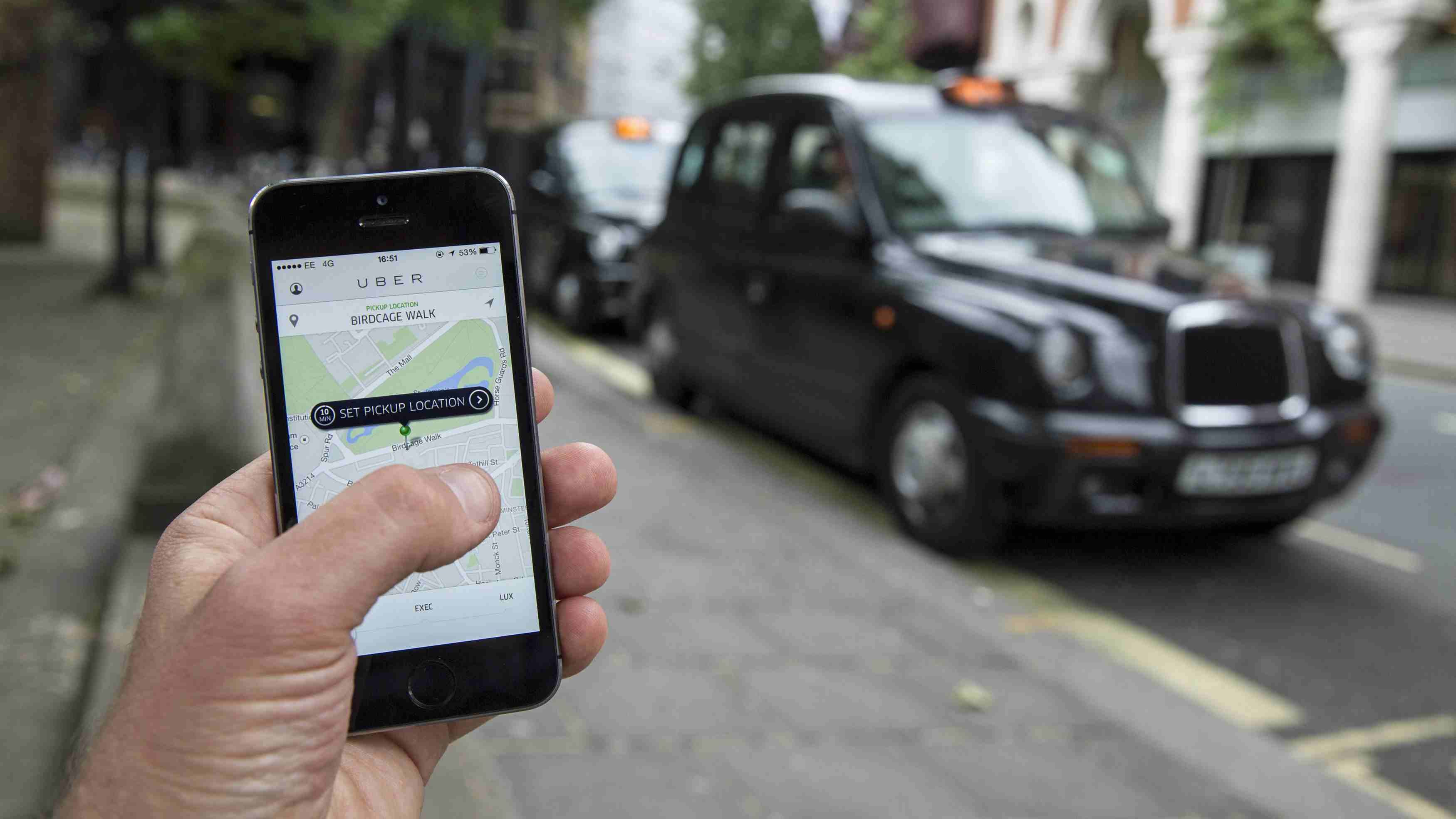The autonomy service provider, Uber could shrink its fares by 80% in the coming decade.
[fvplayer id=”1571″]
Providing service at cheaper fares will certainly put pressure on Uber’s transportation system. Which has been witnessing a diminishing customer base already.
The global robo-taxi market can rise by 2030

The combined net-worth of Uber and Lyft was reported at $84 billion after their massive initial public offerings (IPO) earlier this year. According to UBS’ estimated growth of the global robo-taxi market by 2030, the current net-worth is only a small fraction.
To estimate the impact of robo-taxis and future of ride-sharing in New York, UBS’ evidence lab ran a substantial simulation model. The conclusion by UBS directed to a $2 trillion global robo-taxi market by the year 2030.
Cab fares can get cheaper than a metro ticket: Economic Analysts

Customers and riders will experience a significant drop off to 80% in the cab fares, is the biggest impression of real-time simulation by UBS.
The cheap fare rate can emerge as a major cause of the competitive war between public transportation and car rides.
On May 22, a detailed report was drafted by a team of economic analysts and circulated to the clients stated:
“The average fare paid by passengers could fall by more than that 80% and become cheaper than a metro ticket. In such a scenario, the robo-taxi fleet would still generate a healthy profitability margin of more than 30%.”
Ride-hailing services are taken over trains and buses

Various research studies have demonstrated that ride-sharing or ride-hailing services are drawing off customers from using buses and trains.
For the interminably expanding Uber and Lyft, the report is a good piece of news. Whereas, the public transportation services are at misfortune.
Autonomy services can help Uber and Lyft in increasing the utilization rates measure. Utilization rates segment the time when a car is actually utilized for ride-hailing.
Lyft had filled a lawsuit to change New York City’s minimum wage rules for ride-sharing drivers. Lyft lost the lawsuit in May 2019.









